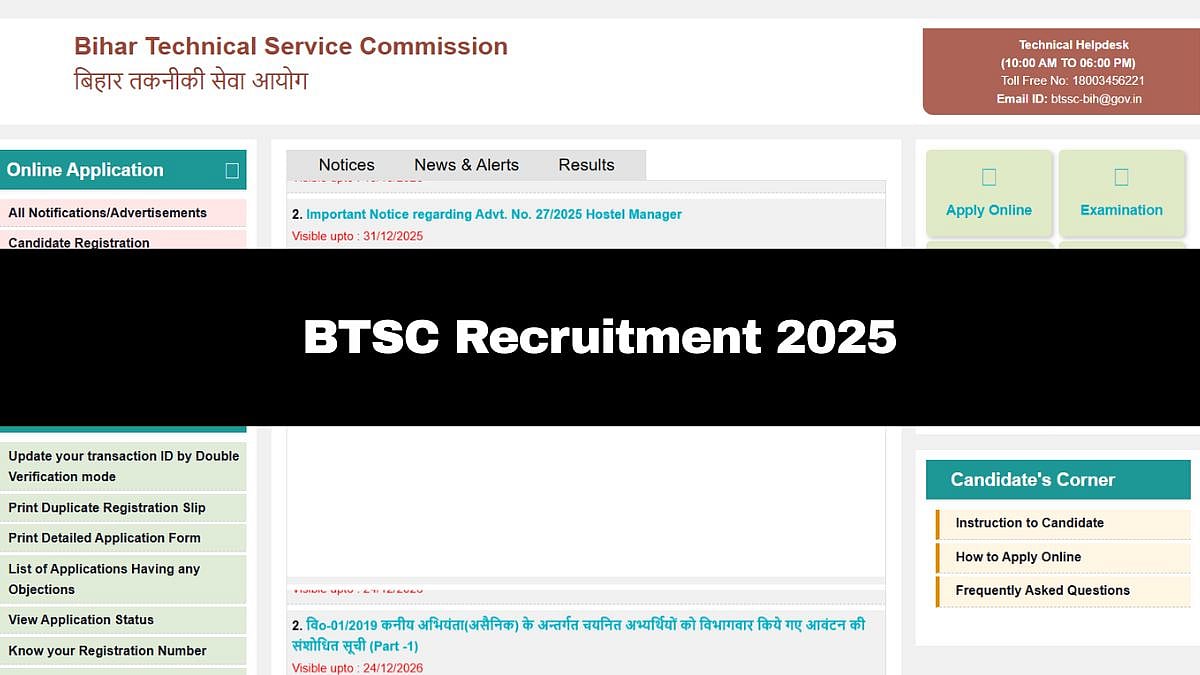As India celebrates Children's Day on November 14, 2023, it is crucial to focus on the importance of child mental health. Mental health problems are common among children and adolescents, yet they often go undetected and untreated. According to the World Health Organization, one in four children will experience a mental health disorder in their lifetime, and many of these disorders go overlooked.
The Free Press Journal spoke with Mumbai-based Psychiatrist Nikunj Gokani to explore the factors influencing a child's mental health. The discussion covered causes, signs, and four crucial areas for parents to make progress in safeguarding their child's mental well-being.
Causes and Signs
Various factors can affect a child's mental health. These include academic pressure, social challenges, family dynamics, and biological factors. Pay attention to your child's experiences and emotions, and address any issues that may contribute to stress or anxiety.
Potential signs that your child may be struggling with mental health issues can be attributed to changes in behavior, withdrawal from social activities, declining academic performance, or expressions of overwhelming sadness can be indicators.
Creating a Supportive Home Environment
As parents, fostering a supportive home environment is crucial for enhancing your child's mental well-being. Start by actively listening to your child, validating their feelings, and providing a safe space for open communication. Encourage healthy routines, including regular sleep patterns and balanced meals, to promote physical and mental health.
Balancing screen time
In today's digital era, striking a balance between screen time and healthy habits is key. Set reasonable limits on device use, ensuring that screen time doesn't replace essential activities like physical play, face-to-face interactions, or homework. Foster a tech-positive mindset by engaging in screen activities together and discussing responsible online behavior.
Initiating open conversations about emotions
Initiating open conversations about emotions and mental health is vital. Create a judgment-free zone where your child feels comfortable expressing their feelings. Use everyday moments, such as mealtime or car rides, to check in on their emotional well-being. Encourage them to share their thoughts and be an active, non-judgmental listener.
Practical strategies for academic stress
Helping your child cope with academic stress while maintaining a balanced approach to education is crucial. Encourage effective time management, break down tasks into manageable steps, and promote a healthy work-life balance. Emphasize the importance of learning and growth rather than focusing solely on grades.










